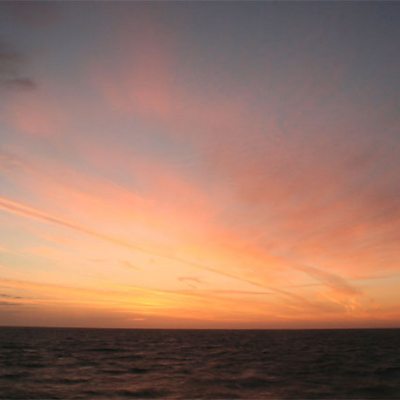Episode details

Available for over a year
Good Morning It came as a surprise to me to learn recently that the principle of national self-determination was the idea of none other than Vladimir Lenin. I’d always thought that this libertarian ideal must have been dreamt up by European intellectuals in some 18th century salon. Self-determination has been our guiding principle for settling the future of the Falklands and for devolving power to Scotland, Wales and Northern Ireland. No-one, at least to my knowledge, has ever in these debates mentioned Lenin and the Bolsheviks who saw national self-determination as the way of dismantling various European empires. So, what’s now going on between Russia and Ukraine has more than a touch of irony. Here are the Russian-speaking people of Crimea seeking to determine their own destiny; and here is the very nation, that authored the principle of self-determination to combat imperialism, using it to extend their own empire! Anyone who’s ever visited Eastern Europe will be aware of the tensions. Some years ago I was in Varna on the coast of the Black Sea. At night the city was buzzing with the neon lights of western hedonism. But listening to the people of Bulgaria I heard two distinct voices – one that was excited by the freedoms of capitalism; the other that was nostalgic for the securities of the old soviet state. The history of nations shows that the shape of countries is forever evolving. Borders are porous both to people and ideologies, especially in this internet age where ideas fly like drones under the radar. National identity is forever developing just like the human personality. But it does make you ask what it is that makes a nation. Landscape and lineage are part of the answer. But once there is contact beyond the borders, through trade and media, changes are inevitable. There’s an important episode in the life of Christ when he paints a picture of the Kingdom of God. “Foreigners,” he says, quoting from the Prophet Isaiah, “these I will bring to my holy mountain, for my house shall be called a house of prayer for all peoples.” This was radical for a nation that was defined by both landscape and lineage. But it revealed in Jesus an attitude to identity that embraced the movement of both people and ideas. And, although religion has often resisted such a vision, if history is to be told truthfully, it is the story of every nation.
Programme Website